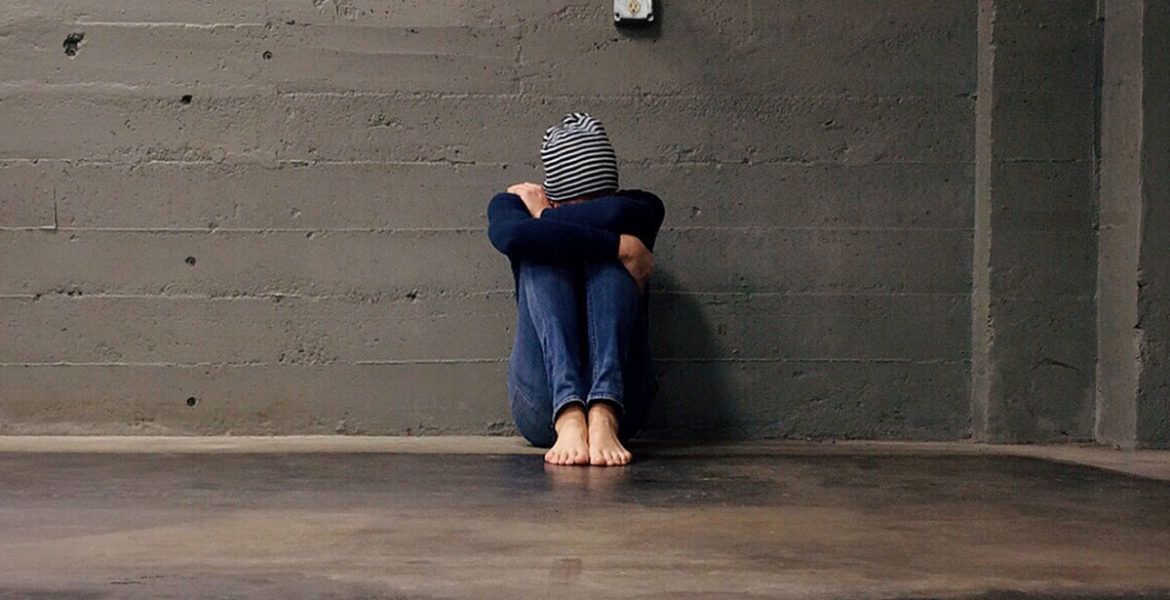Many relate diseases to various factors, whether scientific, emotional, mental or even environmental.
The Chinese have developed an interesting theory of the five elements. The five elements are wood, fire, earth, metal and air. The five elements are created due to an interaction between yin and yang: male and female –positive and negative.The Chinese believe that when there is harmony and balance among those elements, the vital life also responds–creating then a balanced energy –orch’i– for all living creatures. Consequently, any change in one of the elements will affect all other elements.
Different things portray the five elemental energies –one of which is the climate and the different seasons. Spring (wood), summer (fire), late summer (earth), autumn (metal), and winter (water). Because we are part of life and nature, those five elements are also reflected on the physical, emotional and spiritual aspects of our lives.
Balance between the five elements will promote good health, and vice versa creates a state of disease.
According to Chinese medicine, the disease arises due to two different reasons: environmental factors that cannot be controlled –referred to as external factors; and emotional factors that can often be controlled –referred to as internal factors.
Let us give more examples so you can relate. When we talk about the external factors we talk about abnormal climatic conditions. When the climatic conditions are in excess, or lacking, it consequently disturbs the balance between the body and the environment. This has in turn its effect on the body and the body organs.
The windy climate affects the gallbladder and liver. The heat has its affect on the heart, circulation and small intestines. Dampness has its affect on the stomach and pancreas, while dry weather affects mostly the lungs and large intestines. Last but not least, the cold weather affects the bladder and kidneys. Having said so, it does not mention we should all feel imbalanced in such climates. It all depends on the severity of the climate condition, and change, and the strength of each person’s vital energy to protect the body against those changes.
Moving to the internal factors, which I mentioned earlier on.This refers to any extreme, or intense, emotions you are feeling. Hence, they are referred to as the “five destructive emotions”. Like the external factors, they also have their impact on the different body organs.
Anger affects mostly the gallbladder and the liver. Joy is considered also one of those destructive emotions,due to the fact that the body will not be able to identity if it is a positive or negative emotion when it feels joy in excess. Always bear in mind that anything excessive or intense the body cannot deal with. It is your role then to help the body digest those emotions, and bring them to your awareness; to find the proper tool to deal with the emotion, depending on what they are and how they make you feel.
Joy affects the heart and the circulation and the small intestines. Fear impacts the kidneys and bladder.
Grief and worry affect the lungs and large intestines. Sympathy affects stomach, spleen and pancreas.
Internal factors/emotions can be a cause of disease if they remain unexpressed:the imbalances that the body experiences deplete its ability to protect itself against the internal and external factors –allowing it to be more vulnerable to diseases and sickness. In addition to the emotions, internal factors will also include hereditary dysfunctions and dietary problems.
Watch out for your emotions, and give yourself room to express yourself.Monitor your body to see if you feel differently during certain climate changes, as this could be an indication of an imbalance your body is suffering from. Listen to your body: it always has something important to tell you.

